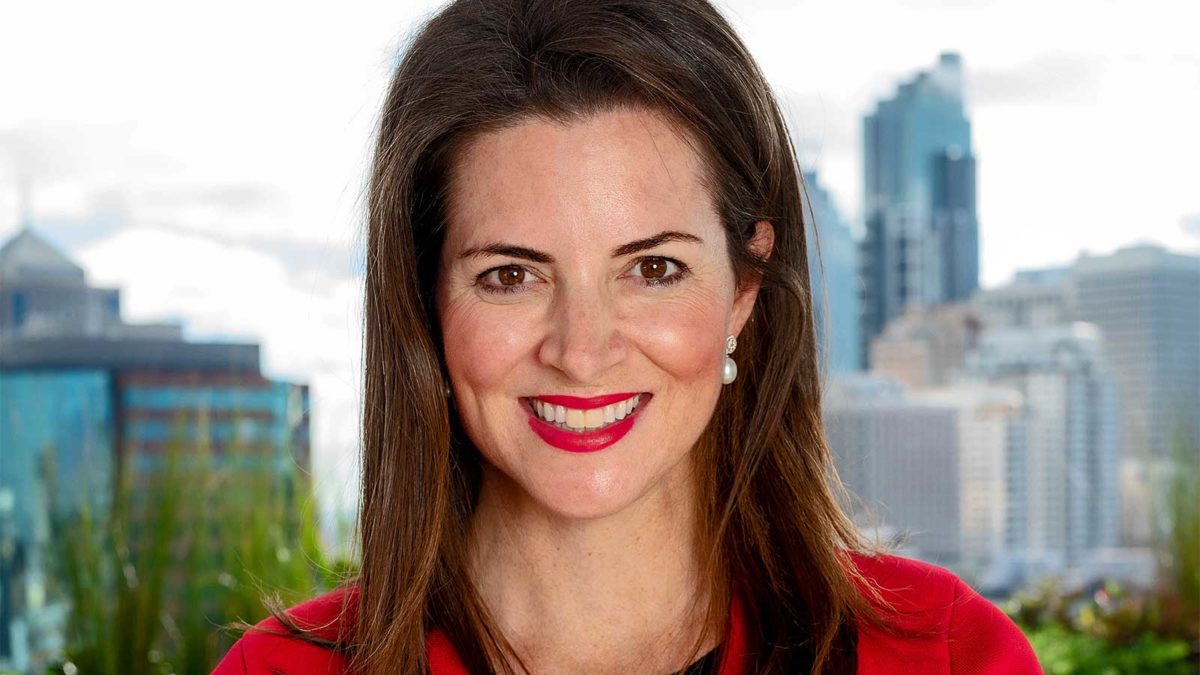Shopping rewards to lift member engagement
Super Rewards is looking to expand its partnership program with big super funds as a way to help them lift member engagement, particularly among women members.
The company, launched by former financial services marketer-turned entrepreneur Pascale Helyar-Moray in 2019, allows cash-back incentives from selected retailers across all household spending from day-to-day shopping through to prescription glasses and energy connections, to be paid directly to super funds as concessional or non-concessional contributions.
Big super funds are able to partner with Super Rewards to access a new mechanism for member engagement by having their own fund-branded rewards program which can help with both member retention and reactivation of dormant member accounts.
Helyar-Moray, who has previously worked for J.P. Morgan Asset Management in London and the former BT Financial in Sydney, who has also been involved in other tech-orientated start-ups, says that since inception Super Rewards cashback payments have been made for online retail transactions totalling more than $5 million.
The average commission – the ‘reward’ – paid by the retailer to the Super Rewards account holder is about 5 per cent, she says. Fashion item retailers tend to pay more, up to about 10 per cent, and electronics retailers less, as low as one per cent. There are currently about 500 online retailers signed up to the program, which will be expanded next year when the company includes physical retail store transactions in the offering.
Helyar-Moray has become passionate about doing something which helps reduce the well-known gender gap in super, whereby women retire with significantly smaller balances than men. Because women tend to do most of the household shopping, Super Rewards effectively gives them bonus contributions, paid for by the retailer, which add up over time.
The position for women has been made worse over the past two years because of the impact of covid-19. Industries most effected tended to be those with a high proportion of female workers, such as medical services, child and aged care, hospitality and casual positions.
Another blow came this month with the early rising of Federal Parliament before getting the chance to pass the long-fought-for reform to lift the minimum monthly payment requirement for Superannuation Guarantee eligibility. This would have tended to benefit proportionally more women than men.
“About 40 per cent of women aged 16-65 are not in the workforce at any point in time and only 24 per cent are in full-time employment,” Helyar-Moray says. “How can women contribute more to super when their wages are so low? This is a completely new way of getting further contributions.”
Super Rewards has a software-as-a-service strategy for big super funds, whereby they pay a monthly subscription fee for a technology package under the partnership program. From the customer/member’s point of view, Super Rewards is able to pay into any super fund, including SMSFs. The shopper uses his or her linked credit or debit card to their individual Super Rewards account.
Super Rewards has built its own admin system to handle the transactions, with the retailer commissions ringfenced in a bank account for monthly payments to member super accounts. The company, which is licensed as a corporate authorised representative of AFSL holder Shartru Wealth Management, takes a minimum 25 per cent fee (but can take up to a maximum 50 per cent) off the top of the commission paid by the retailer.
Super Rewards has had three rounds of equity raisings in the past two years, totalling about $3.2 million. Late last year the company recruited experienced funds management operations executive, Kylie Osgood, as COO. Osgood spent about 15 years at the equities boutique Tribeca Partners as head of operations, CFO and executive director.
Helyar-Moray has retained the major shareholding in the company, but the registry now includes a range of venture, private equity, family office and high-net-worth shareholders.











